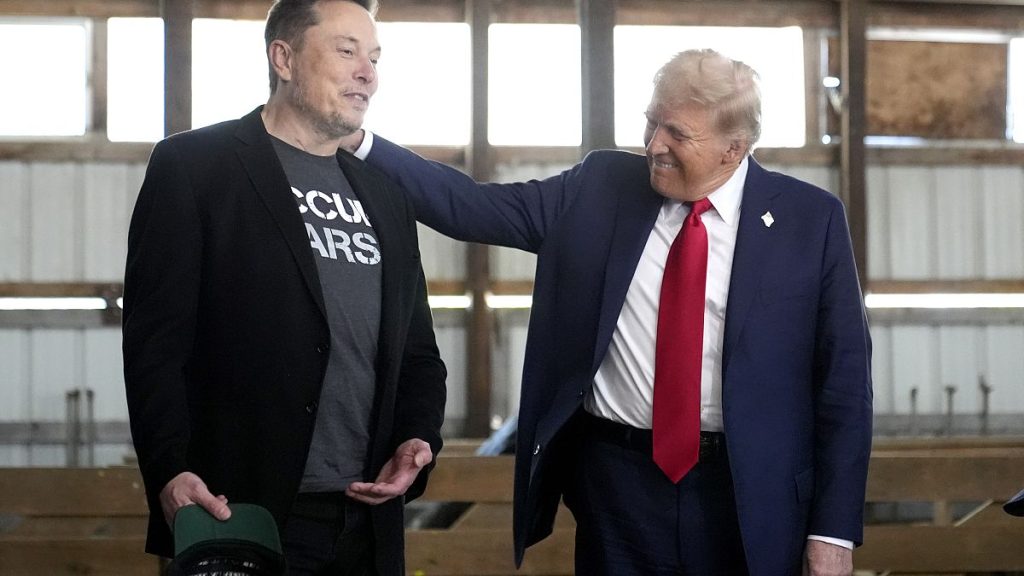President-elect Donald Trump is reportedly planning to attend a test launch of Elon Musk’s SpaceX ‘Starship’ rocket, indicating the increasing influence Musk holds within Trump’s administration. The Federal Aviation Administration (FAA) has implemented temporary flight restrictions in Texas, aligning with the scheduled launch from SpaceX’s Gulf of Mexico facility. This VIP visit suggests a close relationship between the president-elect and Musk, who has been seen at numerous high-profile events alongside Trump, including meetings with Republican leaders and public appearances. Such interactions highlight Musk’s significant presence in Trump’s political circle and raise questions about the interplay between business interests and government.
The timing of Trump’s visit coincides with a the launch scheduled for Tuesday, which features a unique test involving the Starship’s landing capture system. This particular test aims to capture the booster using mechanical arms at the launchpad while the upper stage of the rocket performs an independent splashdown in the Indian Ocean. Trump has often shared captivating narratives about past Starship tests on the campaign trail, showcasing the unique aspects of SpaceX’s advancements in space technology. The 30-minute launch window is set to open at 4 PM local time, generating anticipation around both the technological achievements of SpaceX and Trump’s involvement.
Elon Musk’s financial contributions to Trump’s campaign, estimated at around $200 million, further illustrate the intertwining of politics and corporate interests. This substantial investment underscores Musk’s commitment to supporting Trump’s administration, which is reflected in various political maneuvers and advisory roles he’s taken on, including leading a committee focused on reducing government costs. However, such appointments have raised ethical concerns due to Musk’s extensive business operations that could potentially intersect with federal policies, leading to questions about transparency and accountability in governance.
As Trump assembles his incoming administration, his relationship with Musk continues to develop, revealing the strategic importance of tech leaders in shaping policy agendas. Musk’s influence on Trump, especially regarding space exploration and technological innovation, implies a pivotal role for the private sector in government decision-making. While Musk’s presence lends a modern, forward-looking image to Trump’s administration, it also opens up discussions about the suitability of billionaire entrepreneurs holding significant sway over national policy.
The coordination of security measures for Trump’s Texas visit, including the lifting of flight restrictions over his residence in Palm Beach, Florida, further emphasizes the high-profile nature of this engagement. Such measures reflect the heightened scrutiny and planning involved whenever a prominent figure interacts with significant corporate stakeholders. This juxtaposition of political authority and business might exposes the intricate web of relationships that can influence policy direction, particularly in realms like aerospace and technology where Musk and SpaceX are key players.
In summary, the anticipated attendance of President-elect Trump at the SpaceX Starship launch underscores a fascinating intersection between politics, technology, and business. Musk’s financial backing, coupled with a growing presence in Trump’s political activities, heralds an era where corporate influence may increasingly shape governmental processes. The ethical dilemmas surfacing from these connections necessitate ongoing discourse about the relationship between private interests and public policy, highlighting the potential ramifications for governance in the age of technological advancements.














